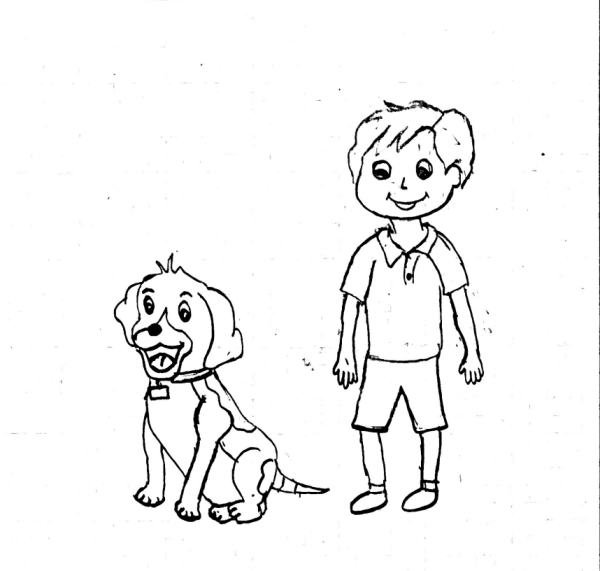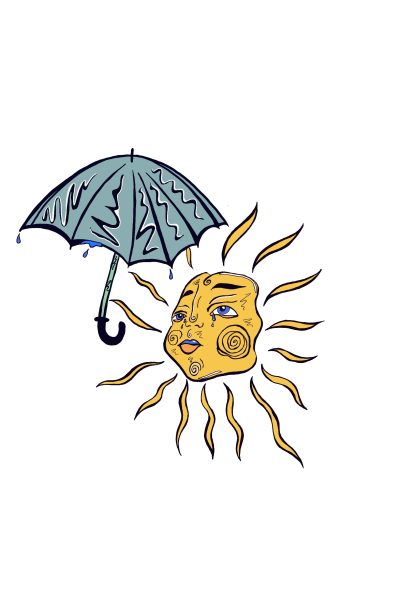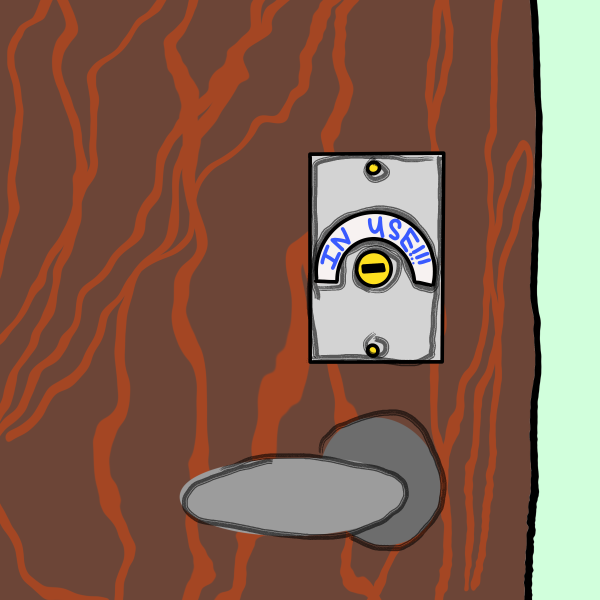A spectrum of uncertainty
More children are being born with autism than ever. So what happens when they go to college?
April 20, 2016
There’s a major shift coming soon to higher education. It’s not a textbook that upends a field of study, nor is it some shift in the job market, nor an educational policy at the state or federal level. I am the vanguard of this change, among the first of many, many more like me. That may sound ominous, terrifying even, but there’s no reason to be scared.
I have Asperger’s Syndrome, which is a form of high-functioning autism. I can’t go into the intricacies of what that means (1. Autism differs widely case-by-case; 2. The Oracle only gives me so much space), but the gist is that it’s much harder for me to navigate social encounters than “neurotypical” people. There are a few other quirks that come with it, but this is where things get complicated, so I’m just going to leave it there.
The CDC has estimated that 1 in 68 children have autism now. This is 30% higher than even two years ago, when the incidence was 1 in 88. So we have a whole generation of kids who are coming into the public education system now that will eventually go to college. They’ll have a whole set of challenges unique to being on the autism spectrum in addition to simply being college students.
Like most medical issues, early detection can make a huge difference when it comes to autism, but it’s not always the case. Not long ago, I was talking with a student at the University of Minnesota Morris who I’ve known for some time, and he wanted help coping with his potential diagnosis. I’m fully confident in him, but if he had known earlier, it would have been easier for both him and his family.
This is where disability services departments at the primary, secondary and higher education levels can make a huge difference. I’ve been diagnosed from the age of 3, so I’ve known for a long time and had the time to work with numerous people on communication and social skills. I have some accommodations that make classes more accessible for me through Hamline’s disability services department, and they’re fantastic. It makes a difference.
However, I worry about the incoming wave in this context. There are only so many people in the department, and there isn’t anyone in the admissions department explicitly for this kind of work. With so many coming in, even a student volunteer working with prospective students, their families and the college can make a positive impact, even if the student does not go to Hamline.
There are so many things that we still don’t understand about autism that impact college life. For example, the overwhelming majority of people on the spectrum are male. In fact, a boy is 4.5 times more likely to have autism than a girl. Also, kids with autism have, on average, a higher IQ than their neurotypical playmates. What would this do to campus life? I have no idea.
There’s also the possibility of stigmatization. There are already a number of stereotypes surrounding autism: we’re overly neurotic, we have to have things a certain way or we flip out, that we’re all super nerdy, that we’re horrible at talking with potential love interests; so when we have a ton of these people coming into college, there’s a possibility of some bullying based on these stigmae.
I don’t pretend to have answers – or even particularly good foresight – about any of this. If I could predict the future, I’d try to help solve these issues. But at the end of the day, a whole lot of people on the autism spectrum are coming to college. These are talented people, full of just as much life as anyone. They have some quirks, but they can also be your best friend if you talk to them. They don’t have a disease. Hamline can adapt to this coming change, and even benefit greatly from it. Increased funding to disability services can signal a change to parents. We can even market this change directly, if we want to, in flyers and other admission materials. Because at the end of the day, it comes down to being treated fairly as a human being, as we all should be.





